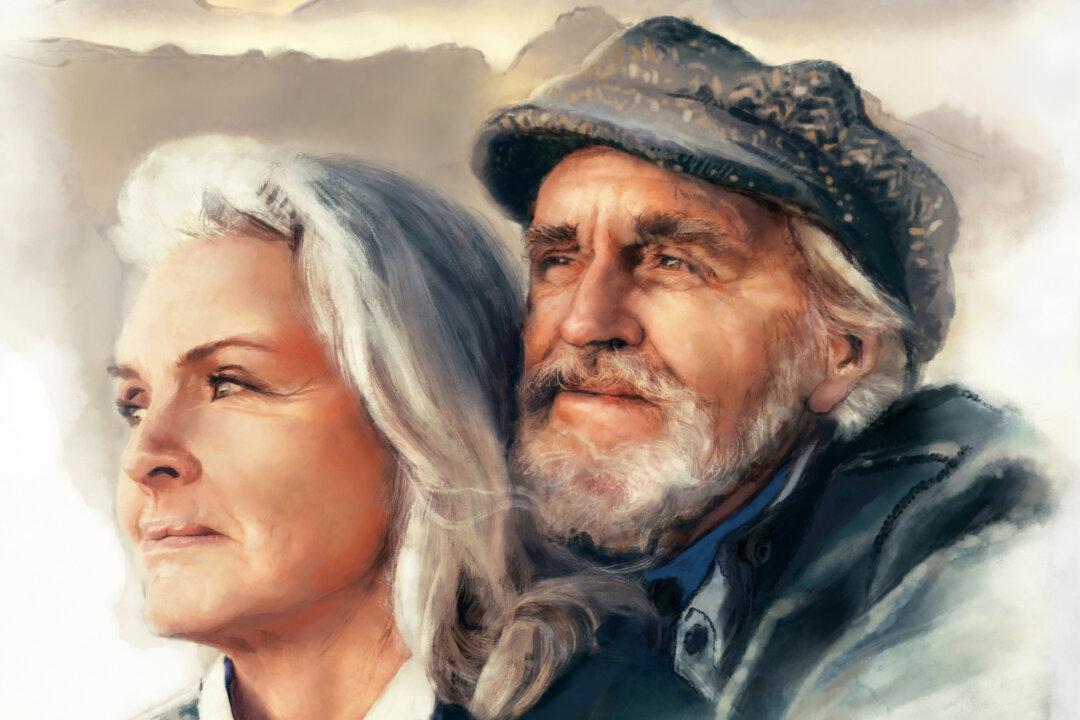As readers know, citizens in the United States—and for that matter, most of the world—are getting pummeled in the wallet right now.
Gas prices are through the roof. Rents in many cities are soaring. The cost of groceries jumps every few days, and our president recently warned that we may experience food shortages.






